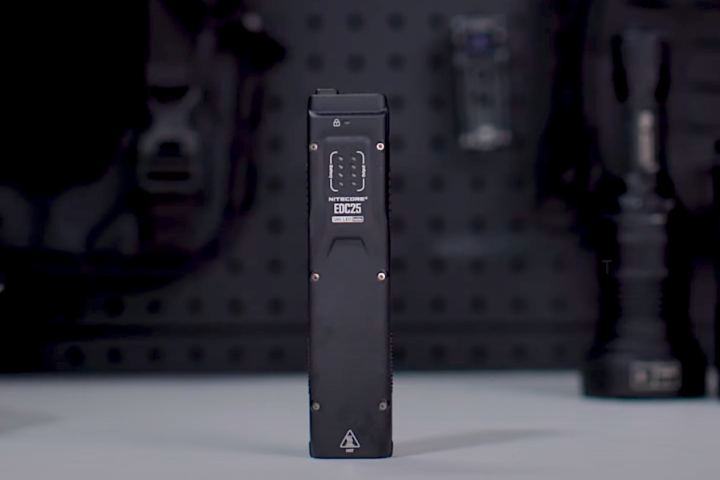The World Diabetes Foundation estimated that some 285 million people, or around 6 percent of the world's adult population, were living with diabetes in 2010. For type 1 diabetics and up to 27 percent of type 2 diabetics, that means daily insulin injections, which can be uncomfortable and inconvenient. Since most people would rather pop a pill than get a shot, researchers have been trying to develop an oral form of insulin. However, this has proven difficult because insulin is a protein that is broken down in the stomach and gut. Now a team of researchers from Australia's Curtin University has found an insulin substitute to treat diabetes orally that they hope could help take the needle out of diabetes for many people.
In an effort to find a compound that emulates the molecular map of insulin, Professor Erik Helmerhorst and his colleagues at Curtin University in research undertaken with Australian pharmaceutical company Epichem searched the structures of three million compounds.
"We took a 3D molecular map of insulin and identified the key features within this map that are needed for insulin's activity," Prof. Helmerhorst told Gizmag. "We then searched over 3 million small molecules 3D structures for their ability to fit the key features within this insulin map. We found a lead drug molecule that fitted the map and mimicked insulin in specific biological assays and animal models. We have already spent nearly 10 years optimizing this lead molecule."

Unlike insulin, the small drug molecule isn't broken down in the stomach so can be taken orally as a tablet. As well as appealing to people who aren't fond of needles, Prof. Helmerhorst says a tablet would also be cheaper to produce and easier to store than insulin. This would make it easier to distribute in developing countries where the rates of diabetes are on the rise.
Although Prof. Helmerhorst says the insulin substitute could potentially replace the need for injections for sufferers of both type 1 and type 2 diabetes, because type 1 diabetics depend on insulin for their survival, the researchers plan to initially target type 2 diabetics prior to them developing full insulin dependency.
The research is still in the lead optimization stage with clinical trials not expected to begin for another five years or so. Looking for licensees to market the insulin substitute and investors to fund the next stage of development, the Curtin University team recently presented their research and generated a lot of interest at Univation 2011, which aims to showcase research being developed at West Australia's universities to potential investors.
Here's a video giving a brief overview of the team's research.






